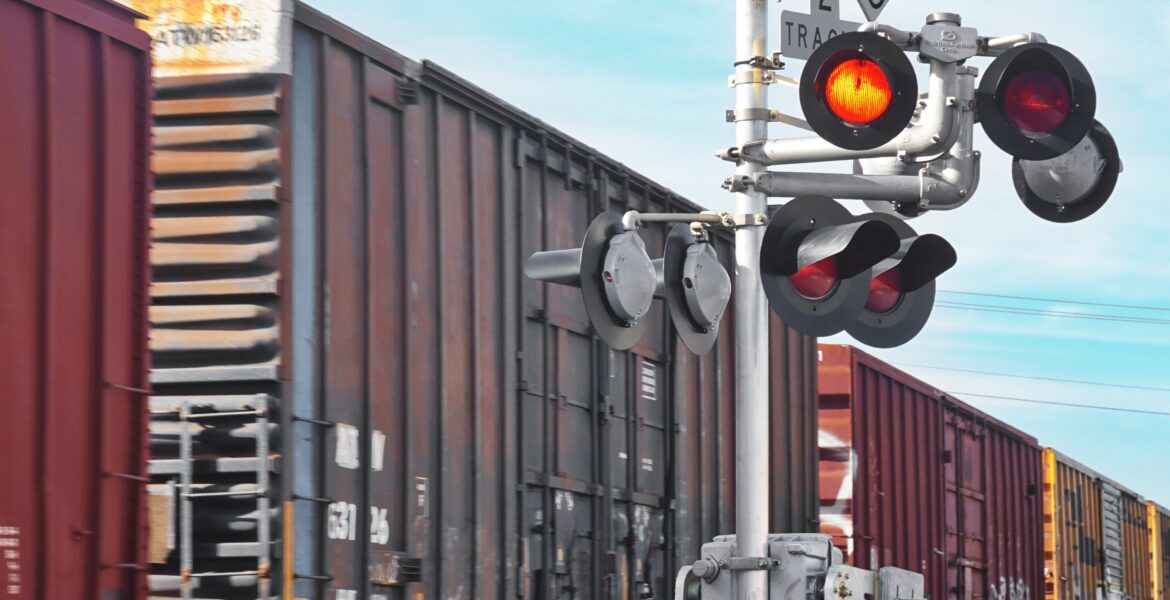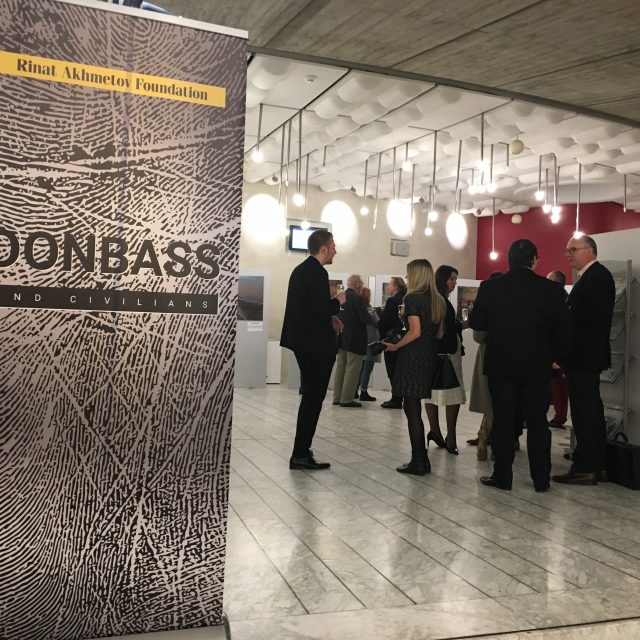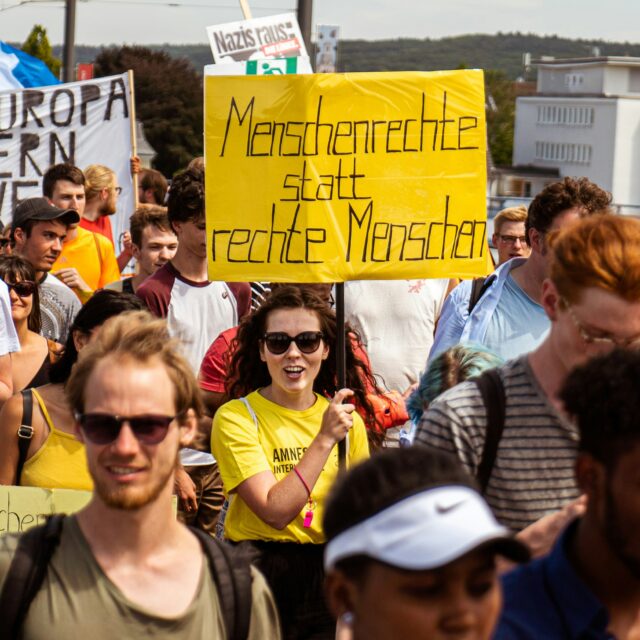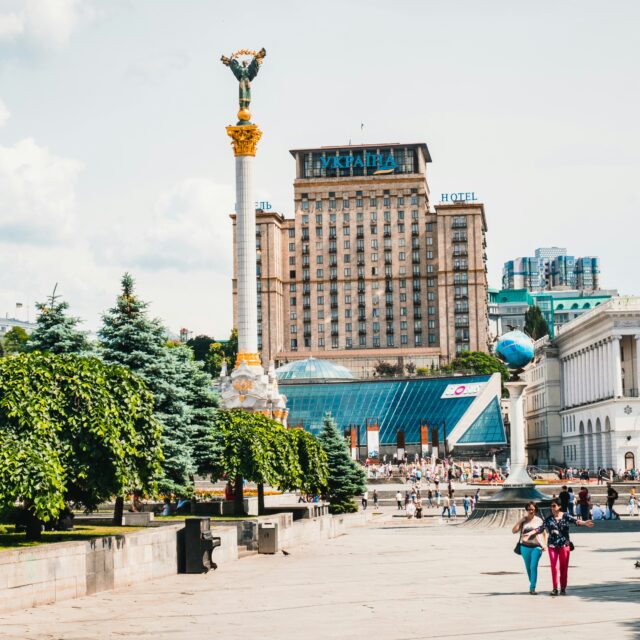Photograph by Robert Linder on Unsplash
History has a habit of repeating itself, and the latest announcement of the scrapping of most of the proposed UK High Speed rail network is just the latest example. It is not the first high speed line the UK has derailed.
When the original plan was developed for HS1, which became rebranded Eurostar from London to the mainland of Europe, it chimed with the agreed EU objective of connecting all the major cities across the EU – not just the capital cities but the major cities as well. A key part of the plan at the time was to extend the Eurostar tracks from London to Birmingham, with the intention of opening up the northern cities of Manchester and also Glasgow Central at a later date. Needless to say, once the southern leg under the Channel had been completed the Birmingham leg was quietly dropped. The reason given was the growth of low-cost air travel was making such land-based projects uneconomic, although this did not halt the EU plans which continued regardless. It marked the beginning of the UK turning its back on Europe: by 2000 the seven special 14- coach trains which had already been constructed were sold to France and Canada.
While the last three UK Prime Ministers (excluding Liz Truss, who should be ignored) were enthusiastically in favour of completing the HS2 programme, the current PM Rishi Sunak looked at the numbers rather than the strategy and decided to scrap everything beyond Birmingham – all apparently “in the long-term interest” of the country. Mayor of Greater Manchester Andy Burnham commented: “Scrapping HS2 rips the heart out of Northern Powerhouse Rail.” Henri Murison, Chief Executive of the Northern Powerhouse Partnership, said: “It is madness to leave what was meant to be the UK’s flagship infrastructure project like this. …. levelling up as a whole is finished.”
Andy Street, Conservative West Midlands Mayor said Sunak was in danger of “cancelling the future”. Dr Tom Arnold, Research Associate in Public Policy at the Heseltine Institute added: “There will be businesses who have based their investment decisions on what successive governments have said was going to happen. It tells potential investors that the UK is not a reliable nation.”
Sunak said many things in a lengthy speech to the annual Conservative Party conference saying how determined he was to drive change: the significance is what he did not say.
He did not say that the promised inclusion of Euston as HS2’s London terminus would only take place if there was substantial private investment. He did not say that “new” plans for refurbishment of existing tracks and stations in the north would only start in 2030, and also would involve substantial shut-downs while upgrades were being carried out. He did not say that the land already compulsorily purchased for the now-cancelled northern section would be released back for housing, which means any future PM would find it almost impossible to develop the line at a later date. And he did not say that he had consulted with interested parties before making the decision because he hadn’t.
He did not talk about one key reason why costs had ballooned. The biggest construction cost is usually tunnels, followed by cuttings. The current plan for the London to Birmingham leg has doubled the number and/or length of tunnels, so that now passengers will only see clear open air for some seven minutes of the journey. The reason: a series of Conservative MPs insisted on special treatment for their own constituencies, in the sole interests of their own re-election in due course. The Conservative Government of course agreed with its colleagues. The country as a whole must now bear the impact.
As the newly self-declared friend of the motorist Sunak has decided that Low Traffic Neighbourhoods (LTNs), a common policy across the UK since the 1960s, needed to be revisited. How dare local Councils think they should decide to set 20 mph sections of road for the benefit of the communities they serve? Central Government knows best. And when it comes to suspension of major strategic public infrastructure in the West Midlands and Manchester, how dare either of the two elected Mayors for the regions believe they have any role to play in such massive decisions? No point in consulting with either of them: Central Government always knows best.
Except it clearly doesn’t, and the arrogance of a Prime Minister who does not talk to other key players – and would not listen if he did – is really quite remarkable.
There is however one thing Sunak was completely right about. He promised he would be the one to ensure change will come to the country. Thanks to his latest decisions change will certainly come. Voters can look forward with increasing hope and confidence to a General Election which will deliver it.





it is good to be reminded of the European dimension to all this. From a purely British perspective I always felt that the argument for HS2 would have been more convincing if it had started in the north (Scotland even) and worked its way South. But that would have been a tough sell in Whitehall and Westminster.